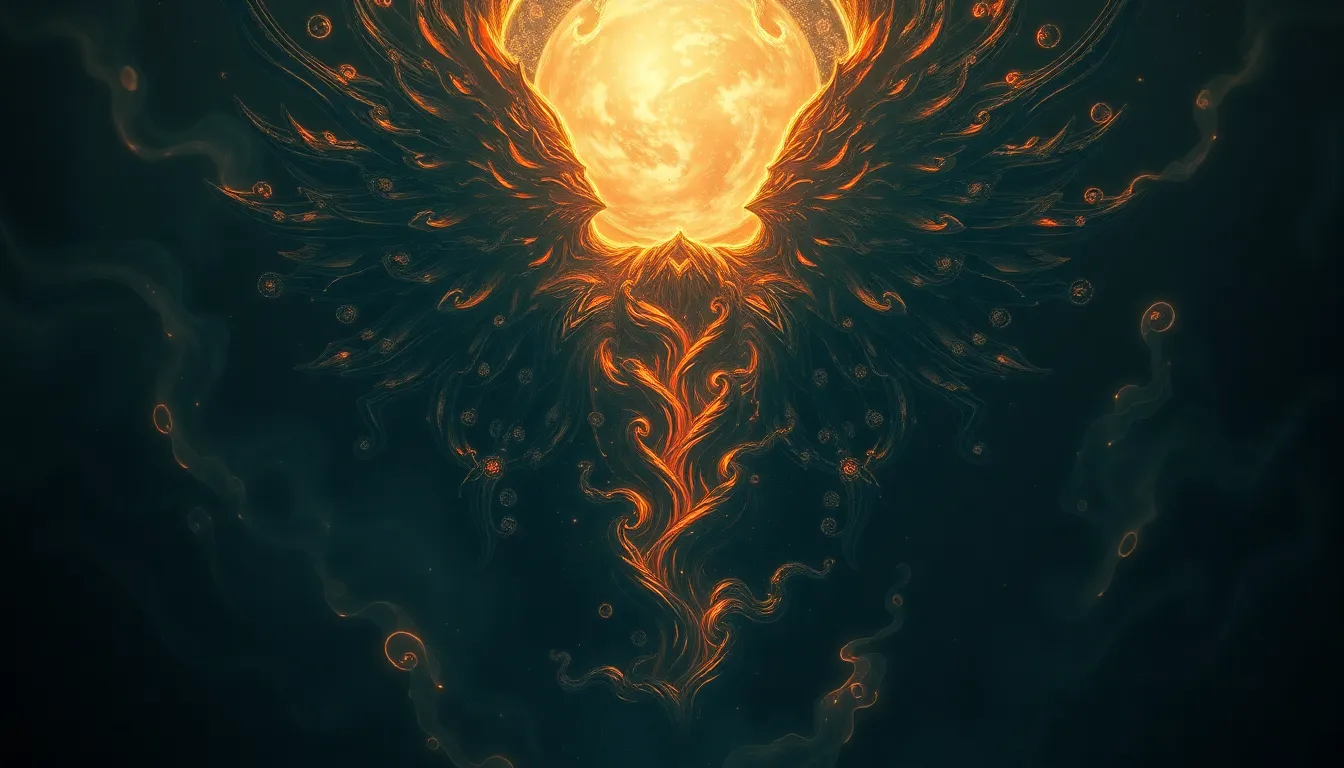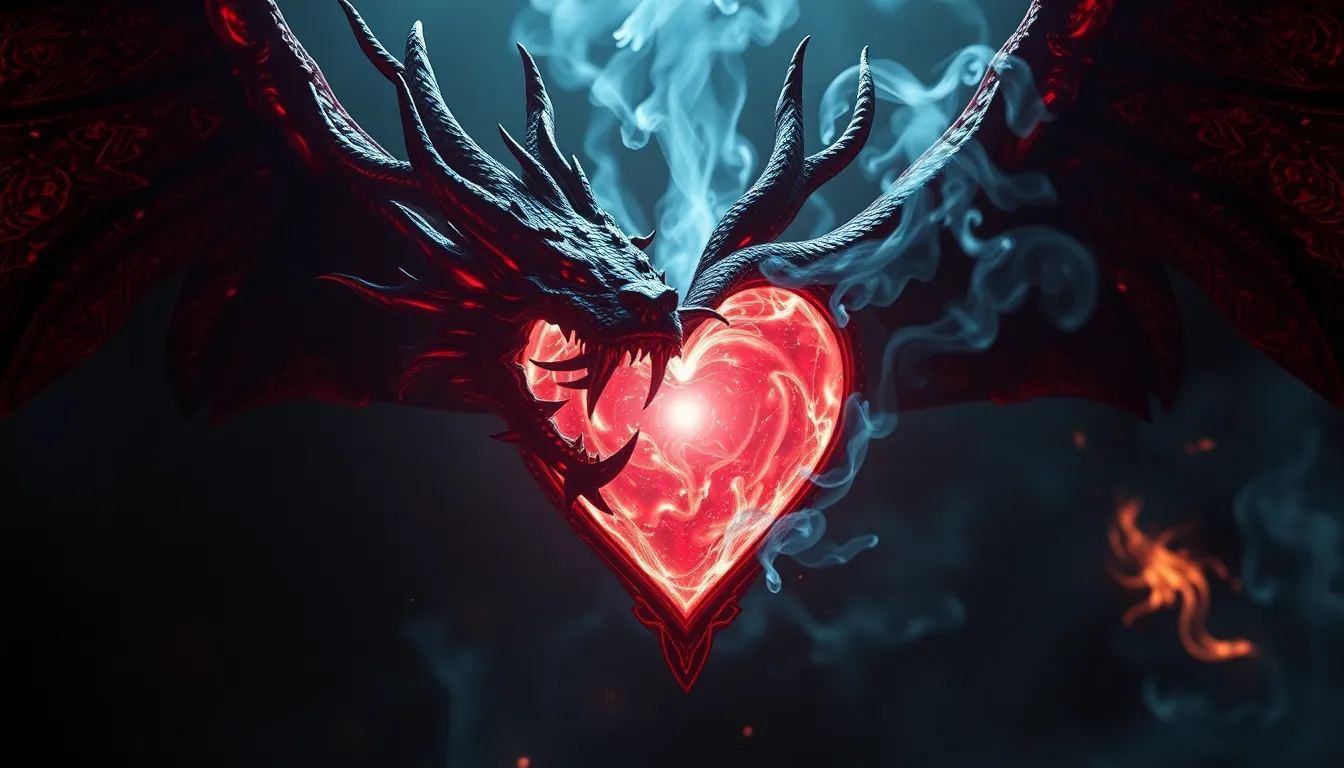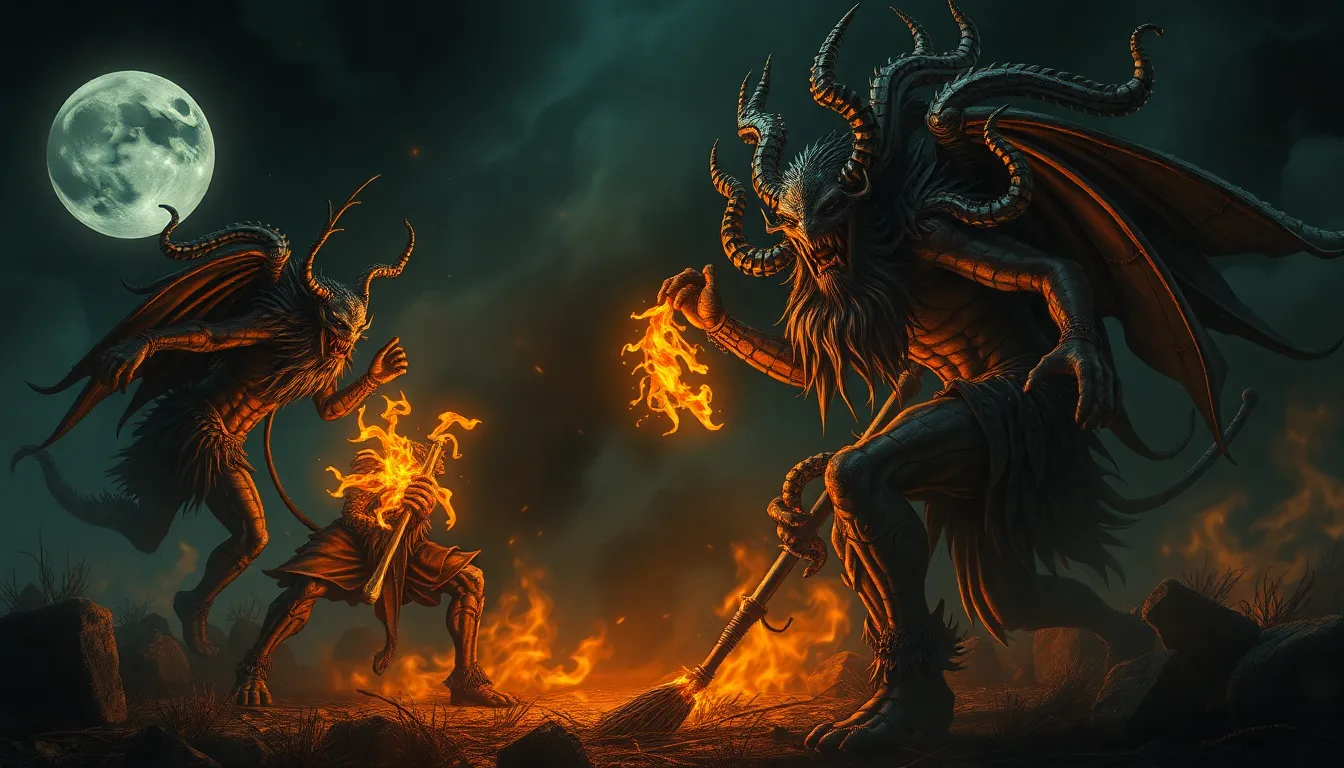The Transformative Power of Myth: How Stories Shape Our Identity
1. Introduction: The Role of Myth in Human Experience
Myths are more than mere stories; they are powerful narratives that encapsulate the beliefs, values, and truths of cultures across the globe. Defined as traditional stories that explain natural or social phenomena, myths often involve supernatural beings or events. Their significance lies not only in their content but also in their ability to connect individuals to their culture and heritage.
Storytelling is a fundamental human activity, serving as a medium through which myths are transmitted. From ancient oral traditions to contemporary literature, storytelling shapes our understanding of the world and our place within it. It is through these narratives that we find meaning, form connections, and foster our identities.
2. Historical Perspectives on Mythology
Throughout history, myths have played crucial roles in shaping societies. Ancient myths served as explanations for the unexplainable—natural disasters, the changing seasons, and human existence itself. Cultures such as the Greeks, Romans, and Indigenous peoples crafted rich mythologies that provided frameworks for understanding life.
The evolution of storytelling reflects humanity’s growth. In ancient times, myths were often communicated orally, passed down through generations. With the advent of writing, these narratives became more permanent, allowing for greater dissemination and interpretation. Today, we see myths evolve into various forms, including novels, films, and digital media, reflecting the changing values and challenges of modern society.
3. The Psychological Impact of Myths
Psychologist Carl Jung introduced the concept of archetypes—universal symbols and themes that recur across cultures and time. Myths are rich with archetypes, from the hero’s journey to the wise old man, which resonate deeply within us. Jung believed that these archetypes exist in our collective unconscious, influencing our thoughts, behaviors, and emotions.
Myths can impact both individual and collective psychology by providing frameworks for understanding personal experiences and societal norms. They offer insights into human nature, helping individuals navigate their identities through the lens of these archetypal stories.
4. Myths as Cultural Identity
Myths are deeply intertwined with cultural heritage, serving as a repository of a community’s values, beliefs, and experiences. They provide a sense of belonging and continuity, linking individuals to their ancestry and traditions.
For instance, Indigenous myths often emphasize the connection between people and the land, illustrating the importance of nature, community, and spirituality. Such narratives not only preserve cultural identity but also empower communities to resist external pressures and assert their rights.
5. Narratives in Religion and Spirituality
Myths permeate major world religions, providing foundational narratives that shape beliefs and practices. For example, the creation myths in Christianity, Hinduism, and Native American spirituality offer different perspectives on the origin of the world and humanity.
These narratives play significant roles in shaping moral values and ethical behavior, guiding followers in their daily lives. Myths often illustrate the consequences of actions, reinforcing societal norms and expectations.
6. Modern Myths: The Evolution of Storytelling in Contemporary Society
In contemporary society, modern myths have emerged through literature, film, and media. These narratives often address current societal issues, such as identity, technology, and environmental challenges. For example, the superhero genre has created modern myths that explore themes of justice, power, and responsibility.
- Literature: Novels often tackle modern dilemmas, reflecting the complexities of contemporary life.
- Film: Movies like “The Matrix” and “Black Panther” serve as modern mythologies that challenge social norms and inspire audiences.
- Media: Social media platforms have given rise to new forms of storytelling, allowing individuals to share their personal myths and experiences.
7. The Interplay between Myth and Personal Identity
Personal narratives are essential for shaping self-identity. Individuals often draw from cultural myths to construct their life stories, finding inspiration and guidance in these powerful narratives. By relating their experiences to mythological themes, people can make sense of their struggles and triumphs.
For example, someone facing adversity may identify with the hero’s journey, perceiving their challenges as part of a larger narrative of growth and resilience. This connection to myth can foster a deeper understanding of oneself and one’s purpose.
8. Myths and Social Movements
Throughout history, myths have inspired and mobilized social change. They serve as powerful tools for activism, creating shared narratives that unite people around common causes. Myths can evoke emotions, galvanize communities, and challenge injustices.
Examples of myths in social movements include:
- The “American Dream” myth, which has inspired movements for equality and justice.
- The myth of the “Noble Savage,” which has been used to advocate for Indigenous rights.
- The narratives surrounding climate change that inspire global movements for environmental justice.
9. The Future of Myth: Digital Storytelling and Globalization
The impact of technology on the creation and dissemination of myths is profound. Digital storytelling allows for the blending of global narratives, creating new myths that transcend cultural boundaries. Social media, podcasts, and online platforms have democratized storytelling, enabling diverse voices to share their myths and experiences.
This globalization of narratives raises questions about cultural appropriation, authenticity, and the preservation of traditional myths. As we navigate this digital age, it is crucial to honor and engage with the myths that shape our identities while embracing new stories that reflect our interconnected world.
10. Conclusion: Embracing the Transformative Power of Myth
Myths have a transformative power that shapes our identities, cultures, and societies. They provide us with the tools to understand ourselves and the world around us. By exploring and engaging with myths, we can uncover deeper meanings in our lives and foster connections with others.
As we move forward, let us embrace the stories that resonate with us, share our own narratives, and recognize the importance of myth in shaping our collective and personal identities. The journey of understanding and engaging with myth is one that can lead to profound insights and connections.



